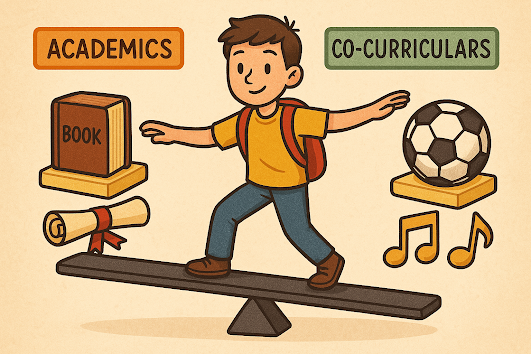Managing digital distractions

Managing Digital Distractions: Staying Focused in a Hyper-Connected World 📱 What Are Digital Distractions? Digital distractions are interruptions caused by devices and online content that divert your attention from important tasks. These include: Social media notifications YouTube or Netflix binging Endless scrolling or gaming Group chats and unnecessary messages 😟 Why It’s a Problem Reduces productivity and focus Causes procrastination Impacts sleep quality and mental health Leads to poor academic performance ✅ Smart Strategies to Manage Digital Distractions 1. Set Specific Study Times Use the Pomodoro technique : 25 minutes of study + 5-minute break Schedule "no-device" zones during deep work hours 2. Use Digital Tools Wisely Apps like Forest, Freedom, Cold Turkey, Focus@Will can block distractions Use Do Not Disturb mode during study or sleep 3. Organize Your Device Turn off non-essential notifications Uni...










